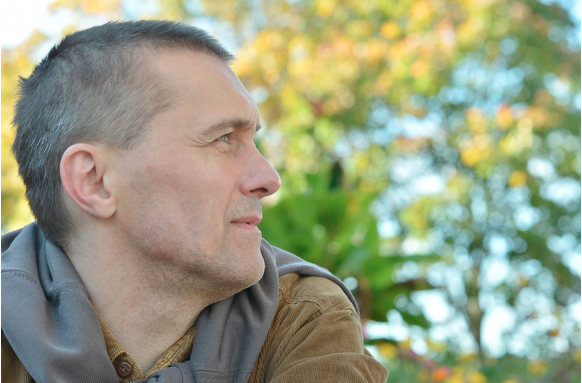Post-traumatic stress disorder trial expands across Australia

An Australian-first research program to improve the treatment of post-traumatic stress disorder (PTSD) is recruiting participants after expanding to cover most states and territories.
The Rapid Exposure Supporting Trauma Recovery (RESTORE) trial is working with past and present Australian Defence Force personnel to help develop an effective treatment for PTSD among military members.
The trial is assessing whether a new, intensive form of prolonged exposure therapy involving 10 sessions over two weeks is as effective as the standard 10-week treatment now offered. Researchers hope the condensed version will make treatment more accessible and eventually available to everyone with PTSD.
Phoenix Australia – Centre for Post-traumatic Mental Health at the University of Melbourne is leading the trial with the Department of Veterans’ Affairs, Department of Defence and the Veterans Families Counselling Service.
RESTORE is already offered at sites in Brisbane, Melbourne and Sydney, and has expanded to include Adelaide, Canberra, Darwin, Perth, Rockingham and Townsville.
As National PTSD Awareness Day approaches on 27 June, the trial is a timely contribution to military mental healthcare given that 8.3 per cent of ADF members have experienced PTSD in the past year, compared to 5.2 per cent nationally.
Phoenix Australia Director and chief investigator David Forbes hopes that, if successful, the trial will pave the way for improved PTSD treatment for current servers, veterans and the general population.
Professor Forbes, described PTSD as “the most prevalent mental health disorder among Defence personnel”.
“We need to develop and test new and innovative approaches to help those not benefitting from current approaches,” Professor Forbes said.
“The outcomes of this trial will help not just the military and veteran community, but also other Australians with PTSD as we improve PTSD treatments for everyone."
The trial is now recruiting veterans and current serving members of the Australian Defence Force aged 18-75.
To be eligible, participants must be experiencing symptoms consistent with PTSD, which are related to a traumatic experience that occurred during military service.
Suitable participants are randomly allocated to either the intensive or standard program. Potential benefits include an improvement in their PTSD symptoms and a better quality of life.
Anyone interested in the trial can call 1800 856 824, email restore@unimelb.edu.au or visit www.phoenixaustralia.org/RESTORE for further information.
For immediate support, contact Lifeline on 13 11 14 or beyondblue on 1300 224 636. ADF members and veterans can also contact the 24-hour VVCS helpline 1800 011 046.
Intensive prolonged exposure therapy case study
A military veteran with 21 years’ service began experiencing PTSD in 1997. It worsened after returning to civilian life, leading to hypervigilance, a short temper, loss of interest in leisure activities, social and family withdrawal, heavy drinking, over-work, tension, jumpiness and inability to handle crowded, noisy areas.
"I felt different and had a feeling that I did not ‘fit in’ any more. My wife became very worried about me as I was drinking pretty heavily, angry all the time at the smallest things and began having many nightmares that I could not remember. I needed to take time off work for an indefinite period.
"I began attendance at a veterans group for weekly sessions, which was good from the point of view that ‘you are not alone’. But I also found that ‘misery loves company’ and I felt that just by attending this group, and having a weekly session with a psychiatrist, I was not really making much progress.
"Primarily, the exposure therapy consisted of selecting the very worst experience that you have (that is causing you problems) and then describing/telling the story of that memory to a psychologist while in a safe and secure place. The story is recorded and you then listen to your recording again that night (when at home in a safe secure place) and you note down how much you were affected by listening to it, this being discussed in the next session. This process is repeated each day over a 10-day period.
I did find the therapy tough and distressing. But I came to realise that nightmares/dreams are not real and cannot hurt you. I started to make peace with myself … and forgave myself for displaying human emotions in a time of severe stress. I was able to remain calm and showed a large distinct reduction in physical response. My mental state had improved dramatically and I was able to start to do things that I had been unable to do for a long time.
"I did have some relapses/bad days but, overall, I felt I was slowly improving and noticed significant reductions in my level of hypervigilance, anxiety, nightmares and confusion. This therapy has allowed me to make sense of things that I had experienced during my military service and can harness the skills to be able to mostly control my reactions to the PTSD triggers."
*Please note this veteran has chosen to remain anonymous and is unable to do media interviews.